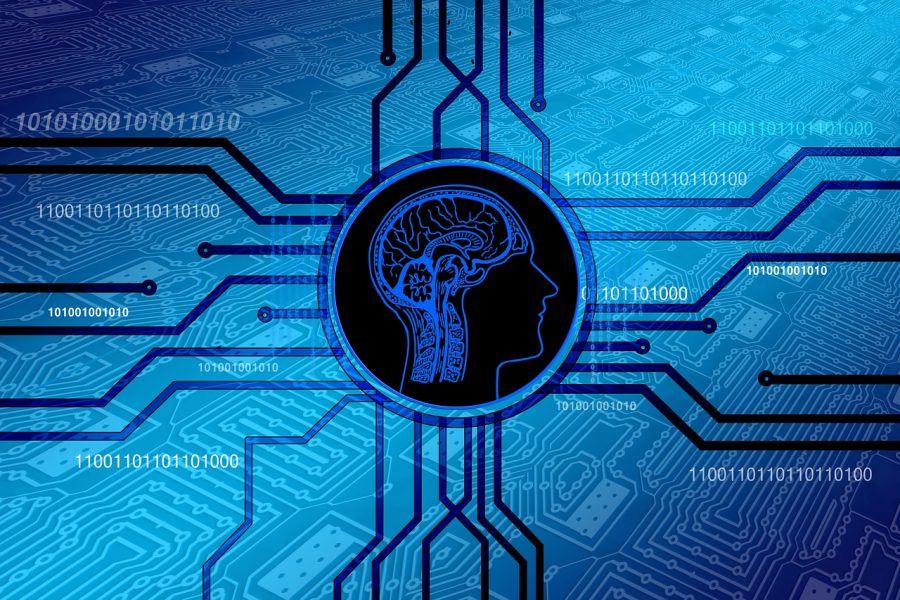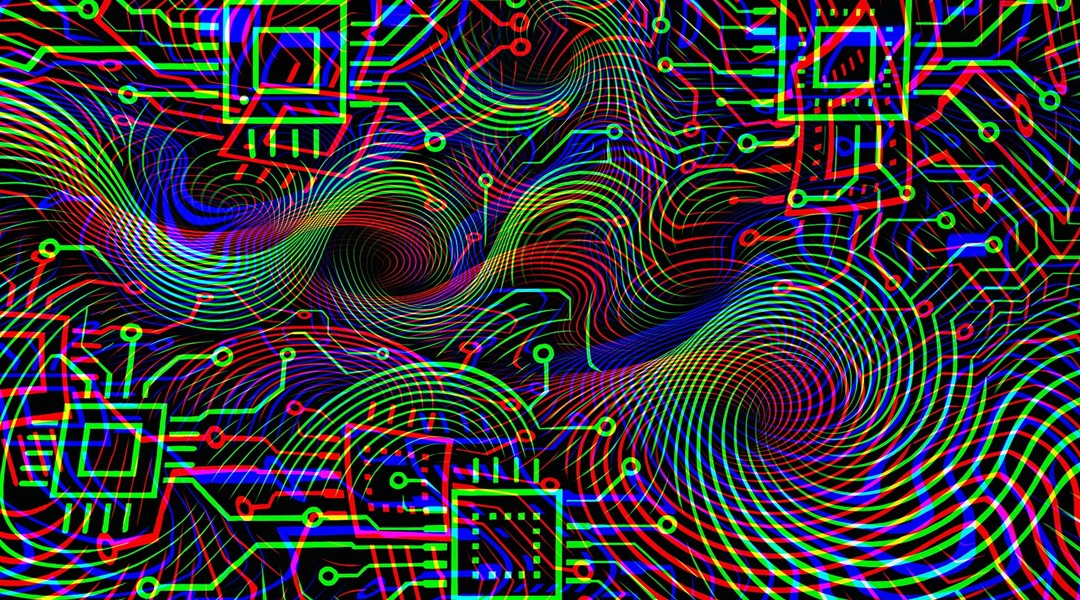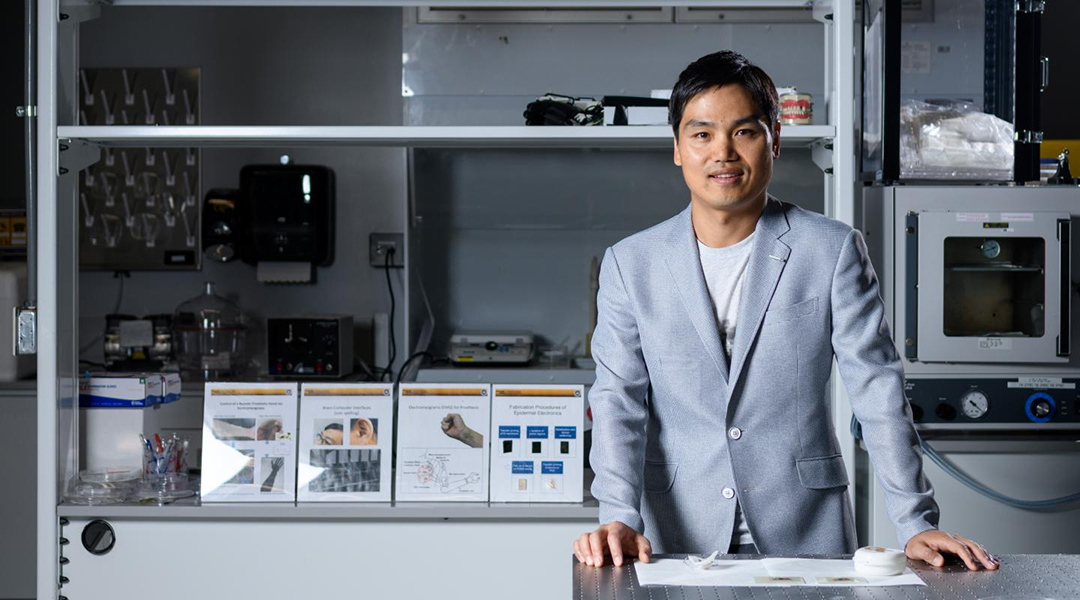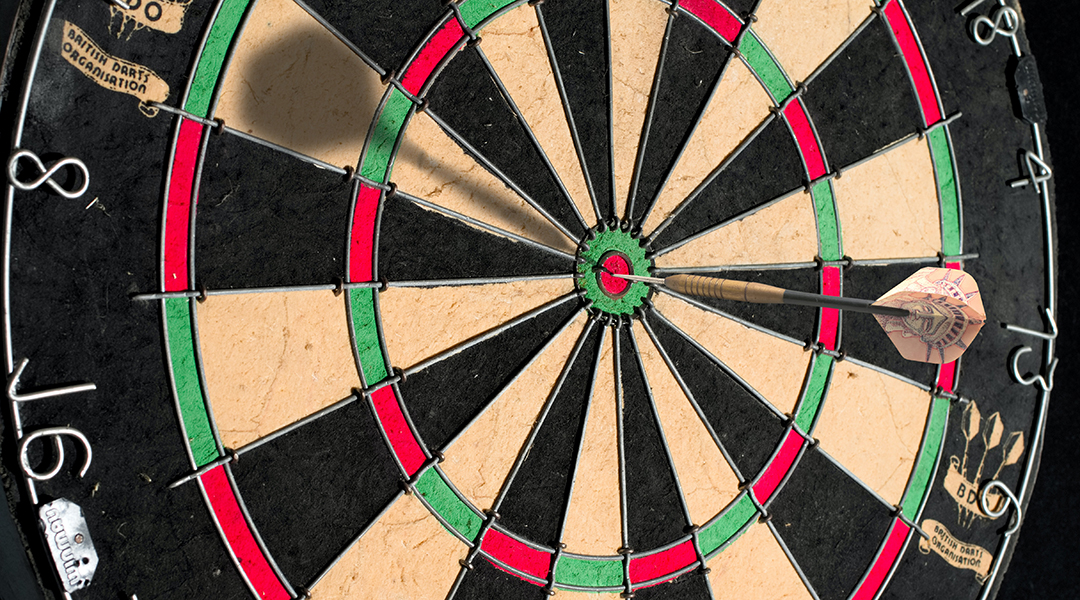A new machine learning algorithm that can predict battery performance and failure beyond the expert level.


A new machine learning algorithm that can predict battery performance and failure beyond the expert level.

Machine learning enables the manufacturing of highly compressible nano-scale devices.

Machine learning technology has become mainstream in a large number of domains, and cybersecurity applications of machine learning techniques are plenty.

Crowdsourcing opens the door to solving a wide variety of problems that previously were unfeasible in the field of machine learning, allowing us to obtain relatively low cost labeled data in a small amount of time.

Machine Learning (ML) is a well‐known paradigm that refers to the ability of systems to learn a specific task from the data and aims to develop computer algorithms that improve with experience.

Machine learning quickly and precisely diagnoses sources of noise in quantum computers.

Manipulating light on the nanoscale allows scientists to create specific structural colors that do away with the need for potentially harmful dyes.

Accurately measuring brain signals is critical to determining what actions a user wants to perform.

There is more to materials discovery than just discovery! Will robots outperform humans in reproducibility too?

Convolutional neural networks provide stronger predictive performances for pharmacological assays compared to traditional machine learning models.